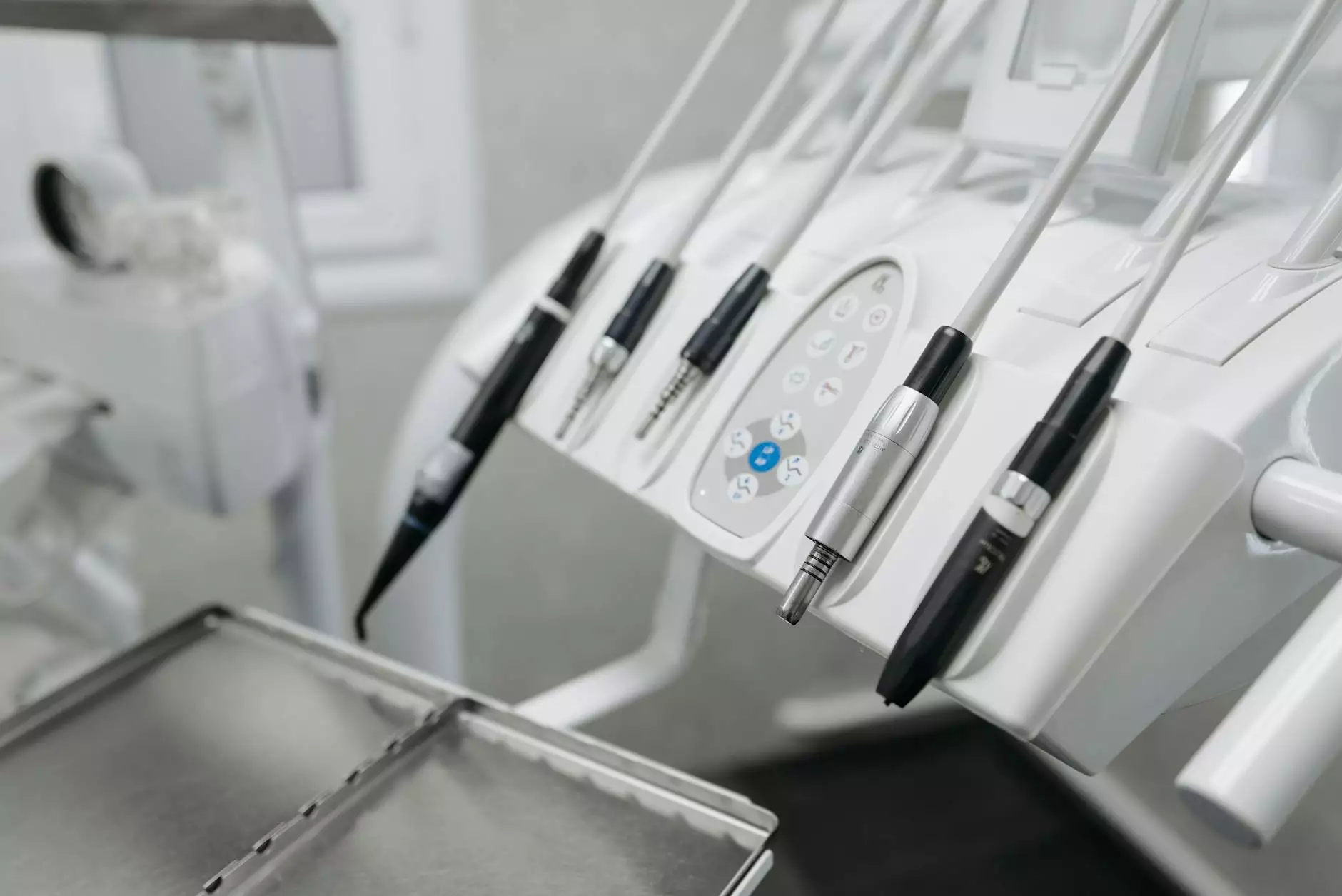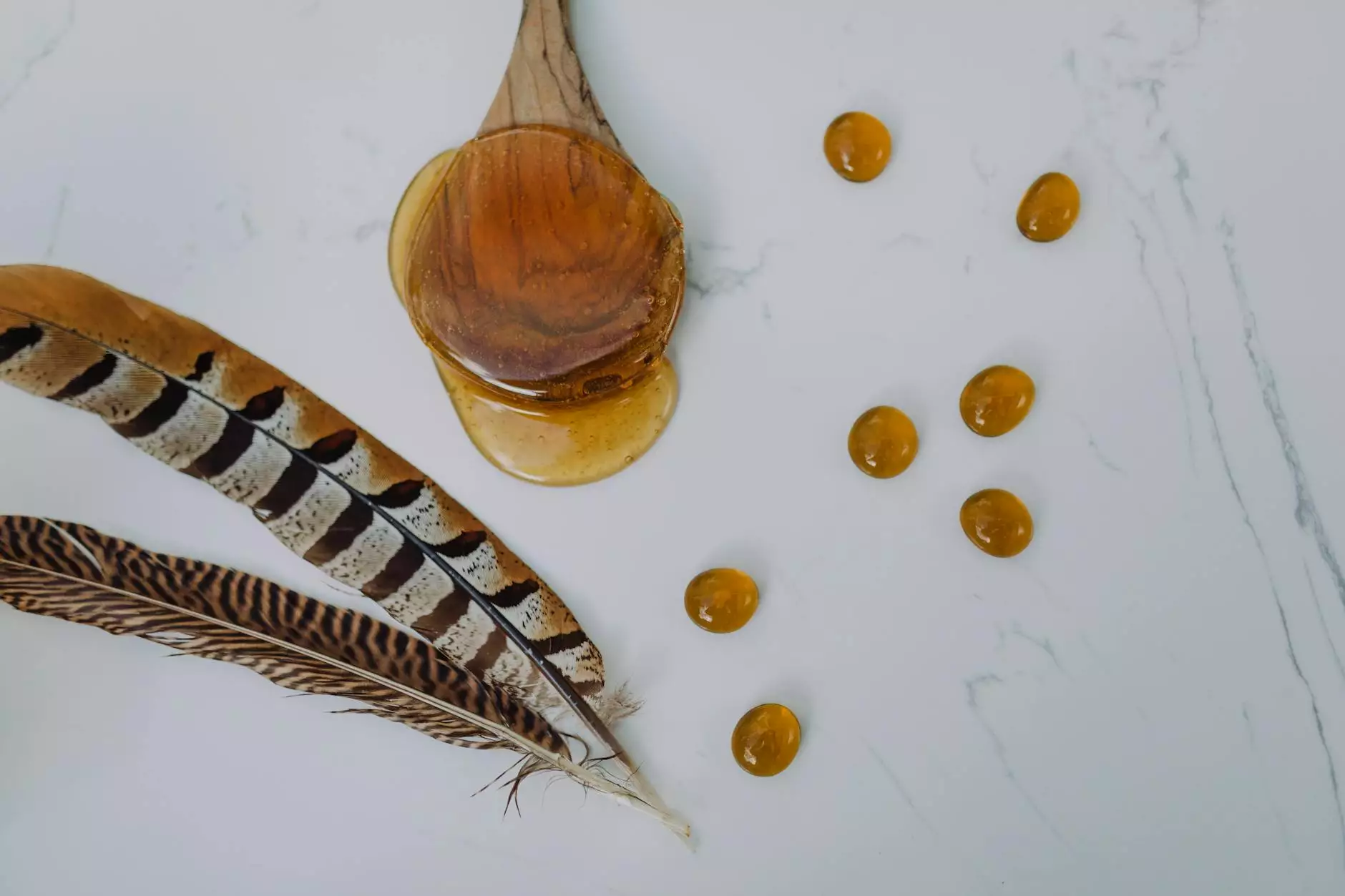The Essential Guide to Horse Injections: Benefits, Types, and Best Practices

Understanding Horse Injections
Horse injections are vital in equine medicine, providing a range of health benefits for both recreational and competitive horses. These injections are not just routine; they play a crucial role in maintaining a horse's overall health and performance. Whether you are a horse owner, trainer, or a veterinarian, understanding the different types of injections available and their specific applications can significantly impact the well-being of your equine companions.
The Importance of Horse Injections
Horse injections serve various purposes, from enhancing performance to preventing disease. Here are some key reasons why they are crucial:
- Preventive Care: Vaccinations are a common type of horse injection, protecting against serious diseases such as West Nile virus, equine influenza, and tetanus.
- Treatment of Illness: Injections can deliver medications quickly and effectively, aiding in the speedy recovery of your horse from injuries or illness.
- Performance Enhancement: Certain injections are used to improve the performance of competitive horses, ensuring they remain at the top of their game.
Types of Horse Injections
There are several key types of horse injections that every horse owner should be familiar with. Here's a detailed look at the most common types:
Vaccinations
Vaccinations are crucial for preventing diseases that can threaten a horse's life. Common vaccinations include:
- Eastern and Western Equine Encephalomyelitis: Protects against potentially fatal viral infections.
- West Nile Virus: Vaccination can greatly reduce the risk of this neurological disease.
- Equine Influenza: Essential for horses in regular contact with other horses. It prevents outbreaks of this contagious respiratory disease.
- Tetanus: A critical vaccination that helps fight bacteria responsible for severe muscle spasms.
Medications
In addition to vaccinations, horses may require various medications administered via injection:
- Anti-inflammatories: Such as corticosteroids and NSAIDs, used to reduce pain and inflammation.
- Antibiotics: Injectable antibiotics are important for treating bacterial infections.
- Hormonal Treatments: Used to manage reproductive health, such as progesterone or oxytocin injections.
Joint Injections
Joint injections help manage pain and improve mobility in horses, particularly in older or competing horses. Common substances used include:
- Hyaluronic Acid: Lubricates joints, improving their function.
- Polysulfated Glycosaminoglycan (PSGAG): Aids in the repair of joint cartilage.
Administration Techniques for Horse Injections
Proper technique is essential for the safe and effective administration of horse injections. Here are some critical considerations:
Subcutaneous Injections
Subcutaneous injections involve delivering medication into the layer of fat and tissue just under the skin. This method is commonly used for vaccinations and some medications. Key points include:
- Choose a clean, less sensitive area, such as the neck or shoulder.
- Use a clean needle and syringe to prevent infection.
- Insert the needle quickly and securely while ensuring not to inject into a vein.
Intramuscular Injections
Intramuscular injections are often used for antibiotics and some vaccines. They involve injecting directly into the muscle:
- The preferred sites for intramuscular injections include the neck muscle and the gluteal muscle.
- Always ensure the correct needle size is used for the size of the horse.
- Remember to aspirate before injecting to check for blood, which indicates you've hit a blood vessel.
Intra-articular Injections
These injections are performed directly into a joint for targeted treatment.
- This technique should only be performed by a qualified veterinarian.
- It is essential to ensure that the joint is sterile before the injection.
Recognizing Signs of Complications
While horse injections are generally safe, complications can occur. Horse owners should monitor their animals for any signs of adverse reactions, including:
- Swelling or Heat: Around the injection site can indicate inflammation.
- Lameness: Lack of normal movement may signify pain or injury.
- Fever: An elevated temperature could suggest an infection.
Best Practices for Horse Injections
Ensuring the effectiveness and safety of horse injections relies heavily on best practices:
- Consult with Professionals: Always consult with a veterinarian to determine the appropriate vaccinations and medications for your horse.
- Maintain Records: Keep detailed records of all injections your horse receives, including dates, types, and dosages.
- Stay Up to Date: Ensure vaccinations and medications are administered according to veterinary recommendations and schedule.
- Foster Proper Hygiene: Ensure equipment is sterile to prevent infections and complications.
Conclusion
In summary, understanding horse injections is crucial for maintaining your horse’s health and performance. With the right knowledge and practices, you can ensure that your equine friend remains healthy, happy, and ready for any challenge. Whether you are managing a single horse or a stable of competitors, prioritizing proper injection technique and preventive care will yield positive results. Stay informed and work closely with your veterinarian to give your horse the best care possible.









